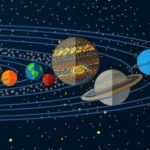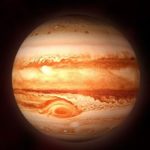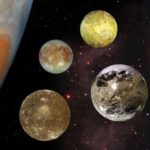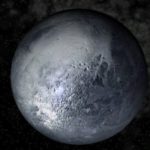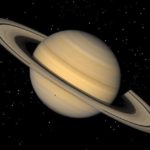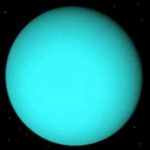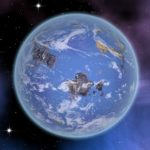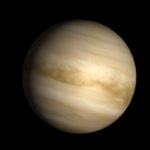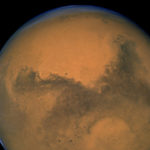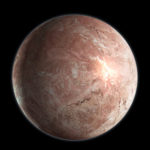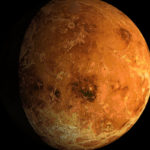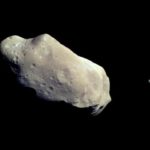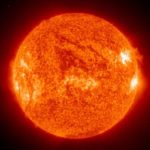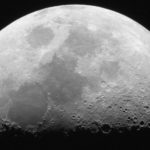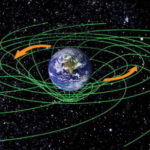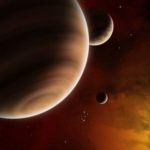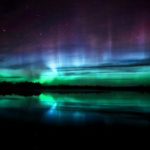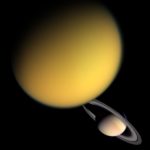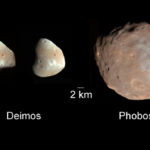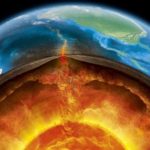Interesting facts about the planet Neptune
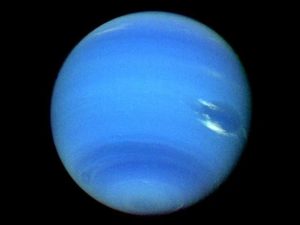 Bluish planet Neptune is a gas giant, and in combination one of the least explored celestial bodies in the solar system. The study of it is extremely difficult because of the distance from the Earth, but NASA plans in the coming decades to significantly expand our knowledge of it.
Bluish planet Neptune is a gas giant, and in combination one of the least explored celestial bodies in the solar system. The study of it is extremely difficult because of the distance from the Earth, but NASA plans in the coming decades to significantly expand our knowledge of it.
Neptune is the planet most distant from the Sun since Pluto was reduced to the title of a dwarf planet.
Neptune is smaller than other gas giants – Jupiter, Uranus and Saturn.
Neptune blows the strongest winds in the solar system, their speed reaches 2100 km / h, that is, more than in the frenzied atmosphere of Jupiter.
Neptune generates more heat than it receives from the Sun.
Of all the planets in our system, Neptune is the coldest.
The largest satellite of Neptune, Triton, after about three and a half billion years, will be torn by its gravity, after which its fragments form another ring around the planet.
The neighborhoods of Neptune were visited only by one probe – Voyager 2, in 1989. The probe passed at a distance of 3000 kilometers from the northern pole of Neptune.
Neptune was the only planet discovered through mathematical calculations, and not through a telescope.
The year on Neptune lasts about 165 terrestrial years.
Presumably, Neptune has a stone core, whose mass is approximately equal to the mass of the Earth.
The magnetic field of Neptune is 27 times more powerful than the earth’s.
The atmosphere of Neptune consists mainly of compounds of helium and hydrogen.
The planet received its name in honor of the ancient god of the sea.
The day on Neptune lasts about 16 Earth hours.
The true cause of the blue color of Neptune has not yet been revealed.
Neptune has rings, as many as six, but they are much smaller than Saturn’s, and it’s not easy to see them. The rings consist mainly of frozen water.
The atmosphere of Neptune smoothly passes into the liquid ocean, and the one – into the frozen mantle. The surface as such has no planet.
The gravity of Neptune is only 17% stronger than that on Earth.
